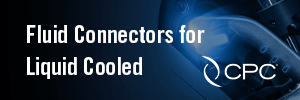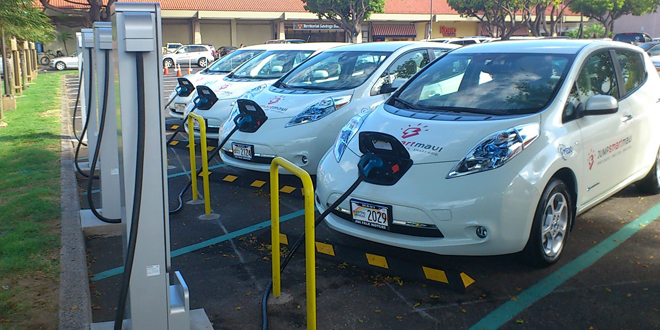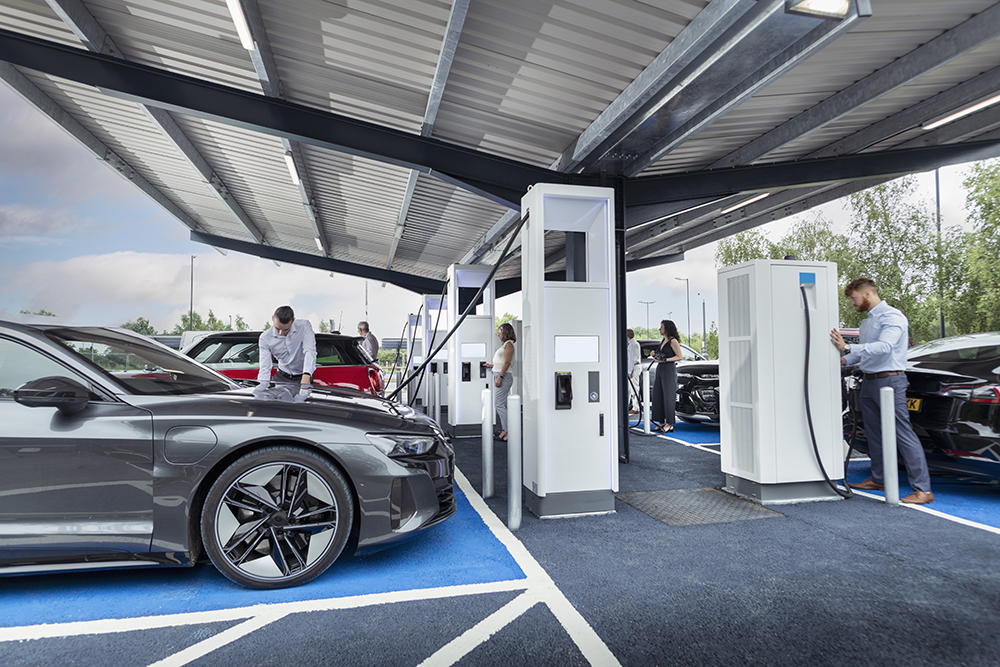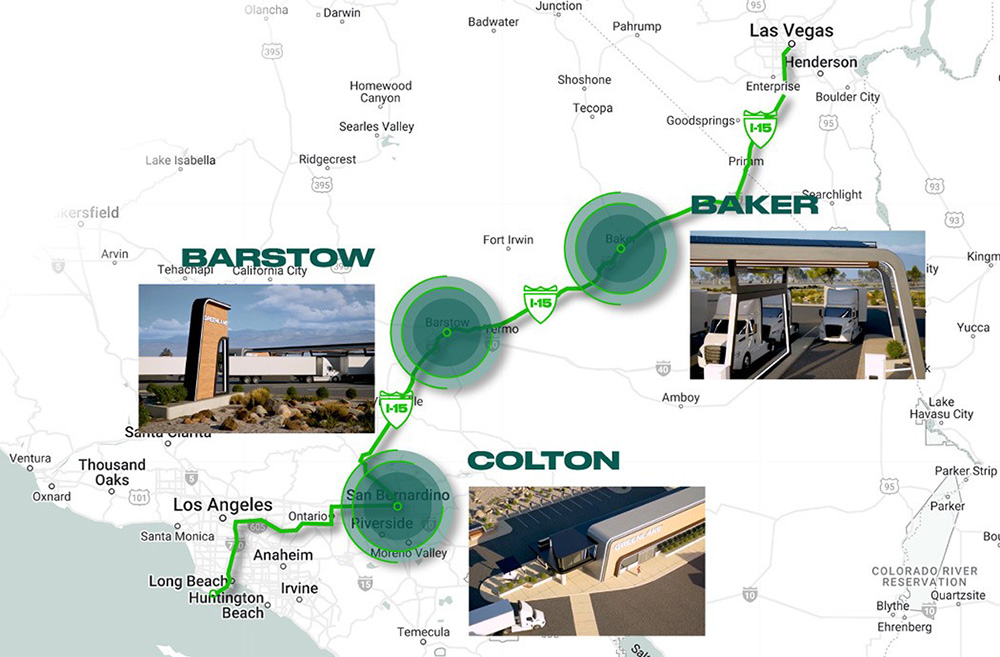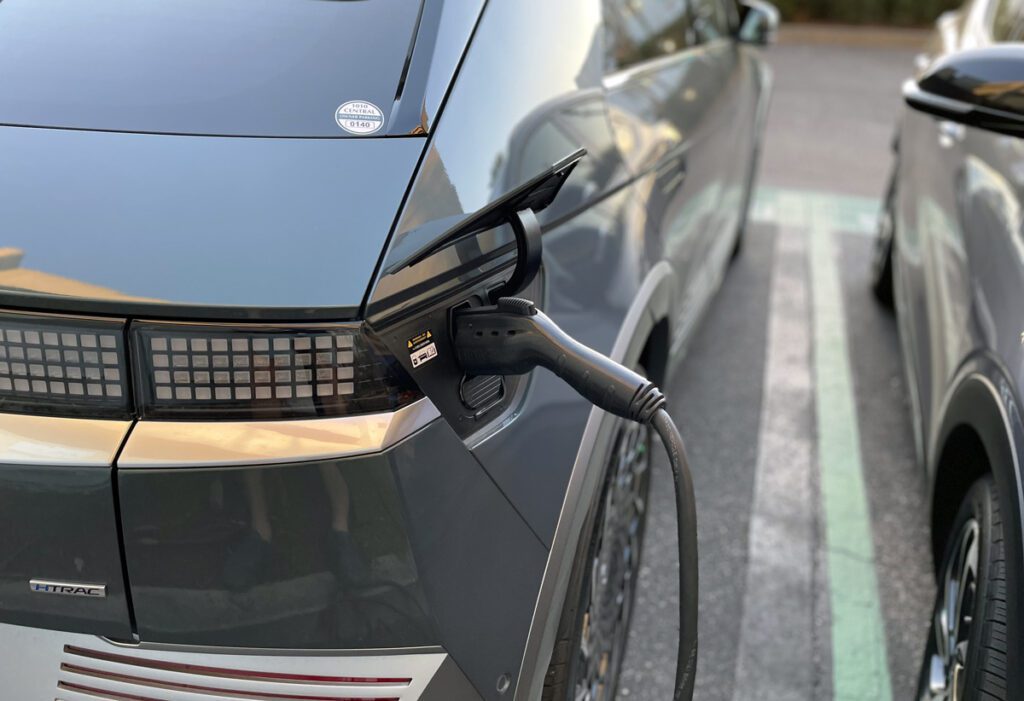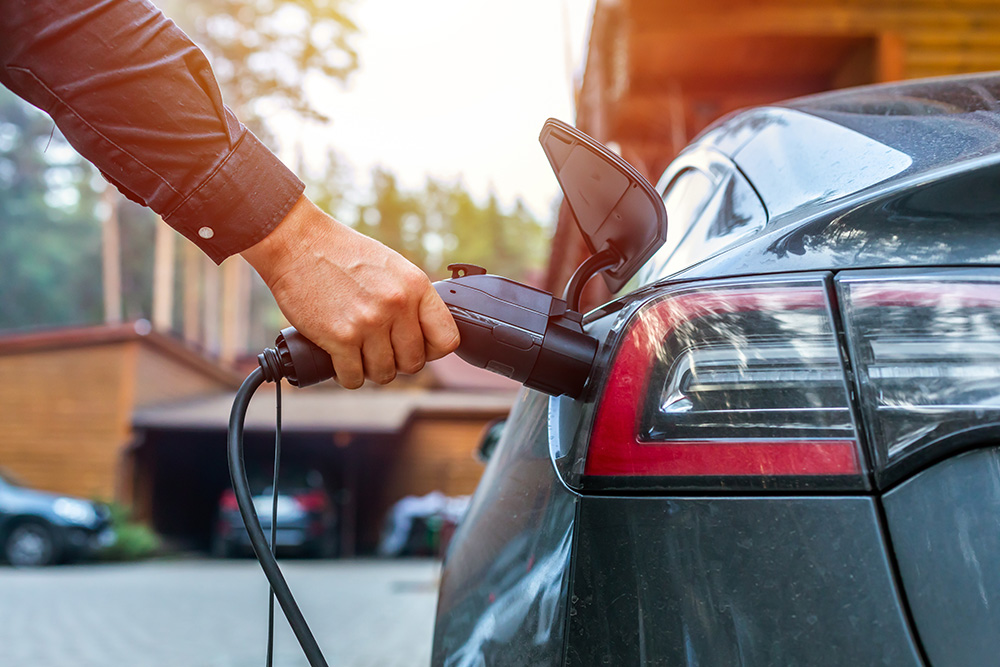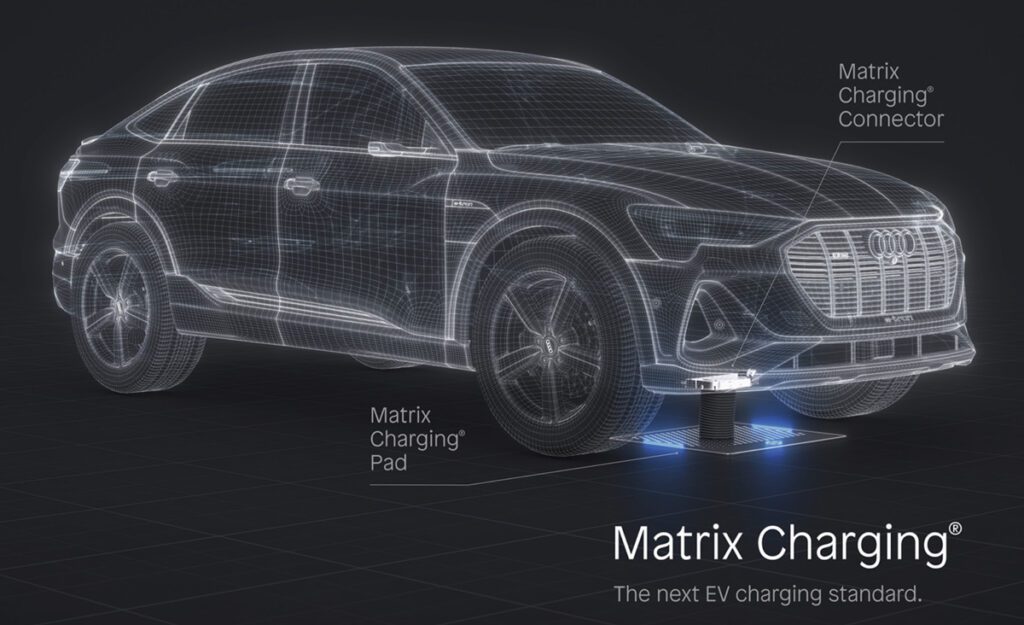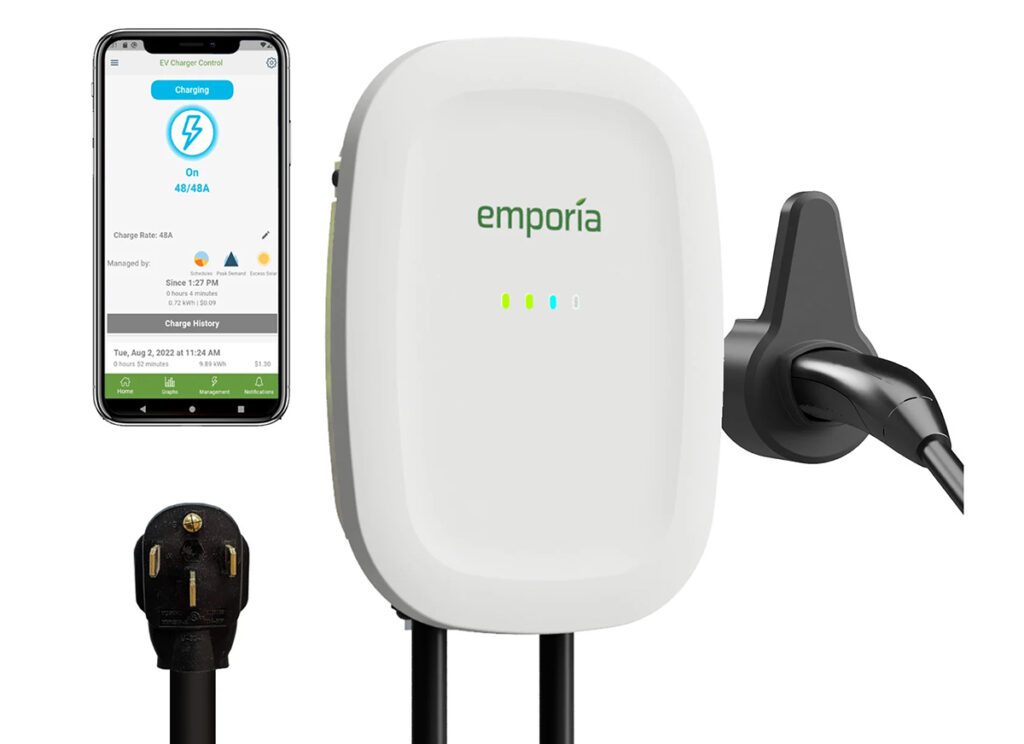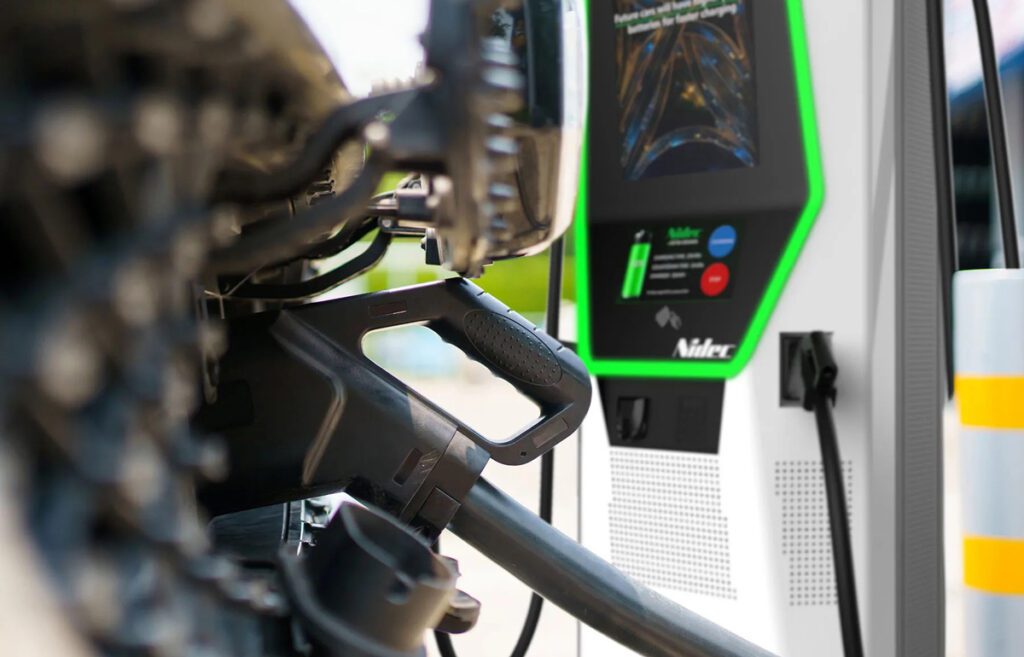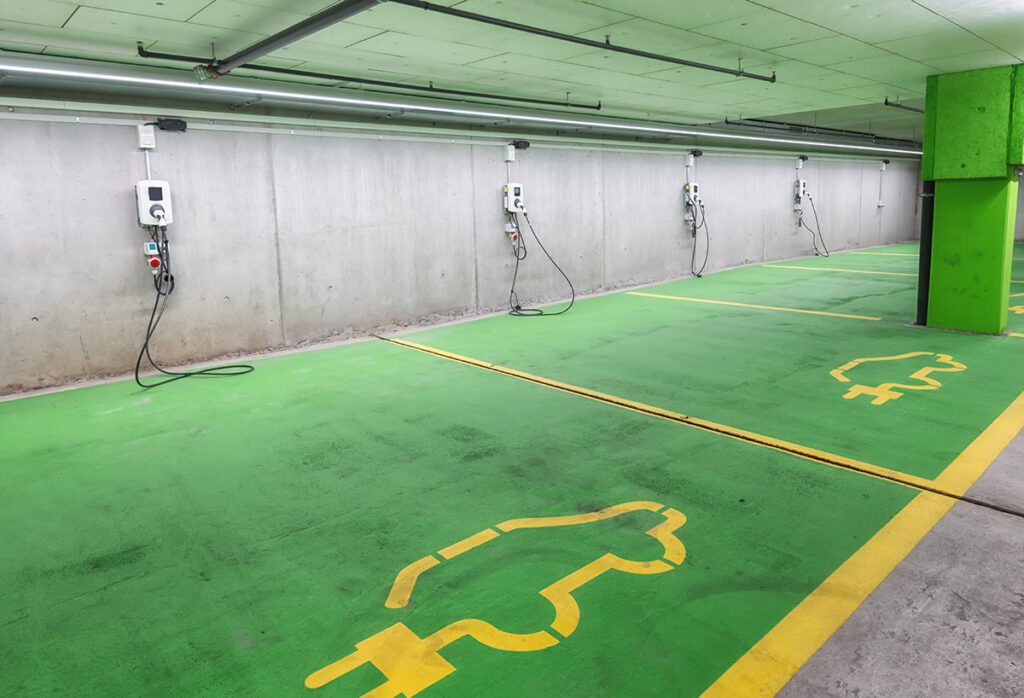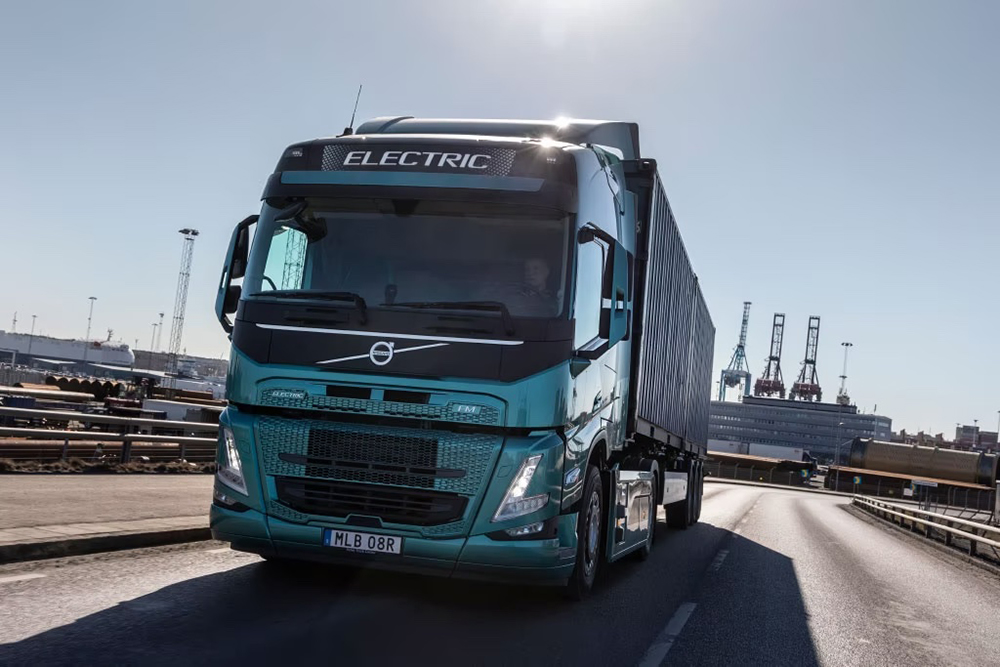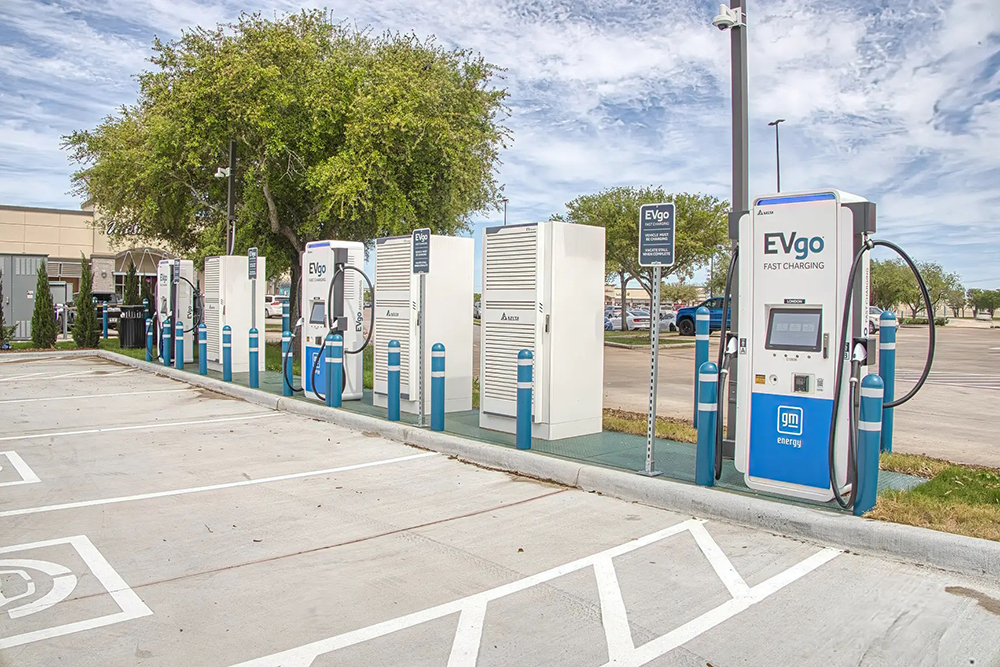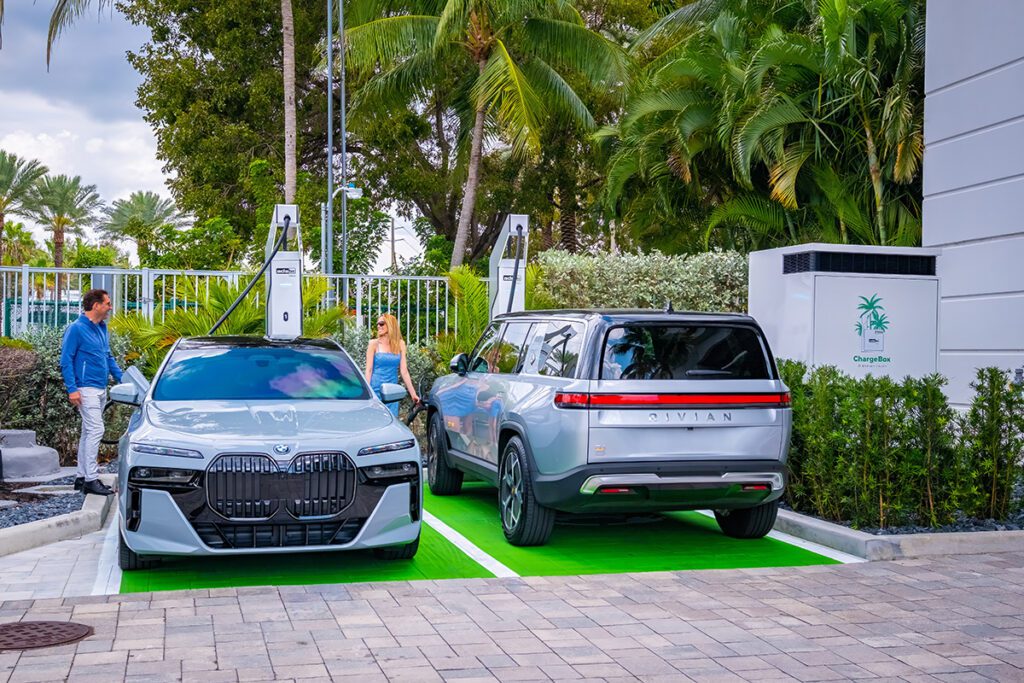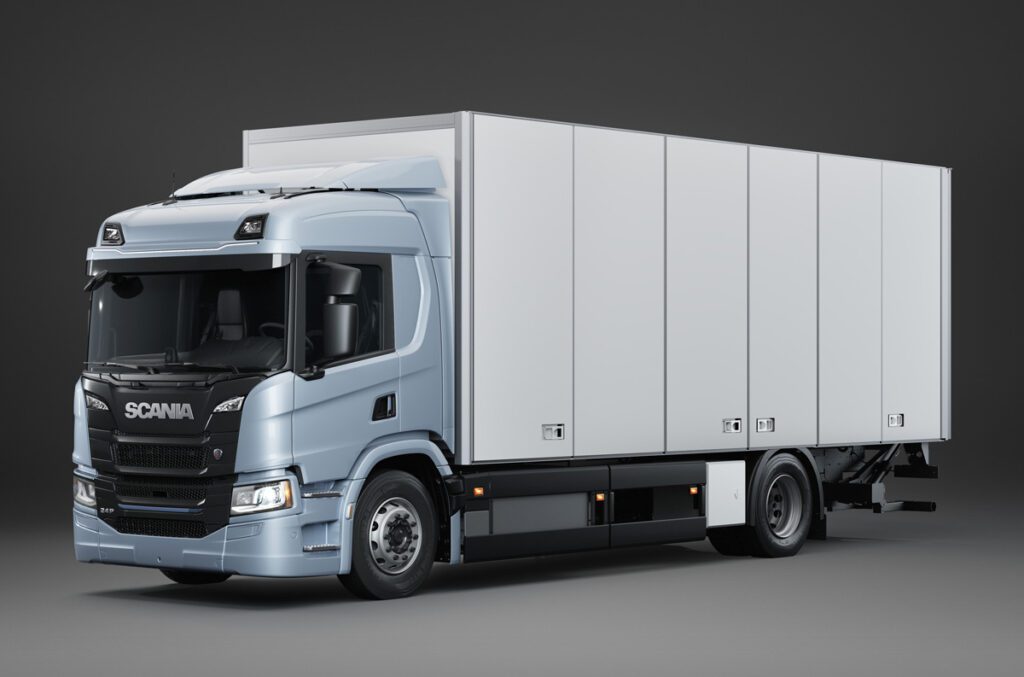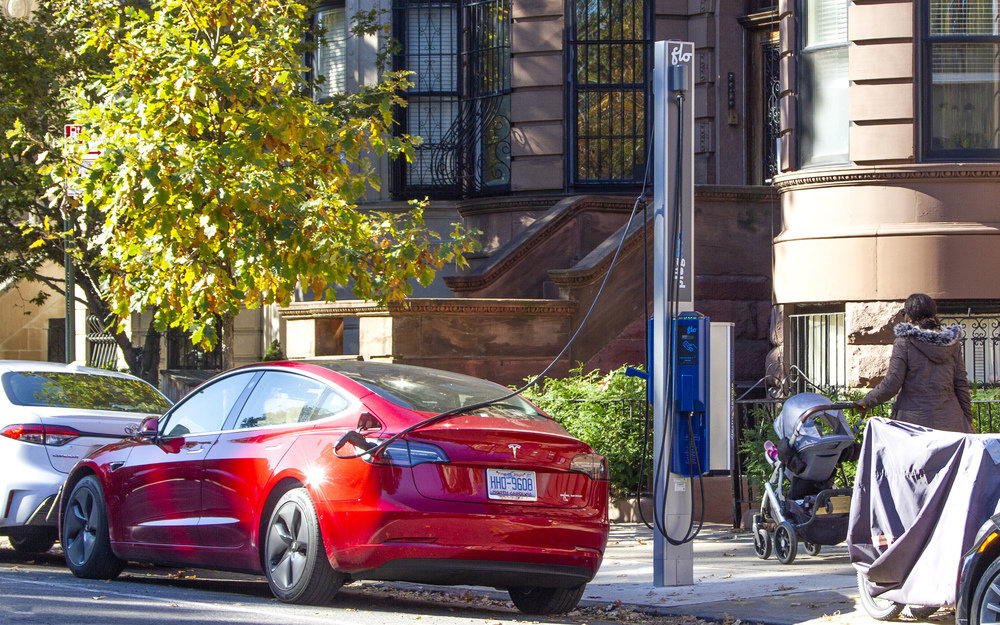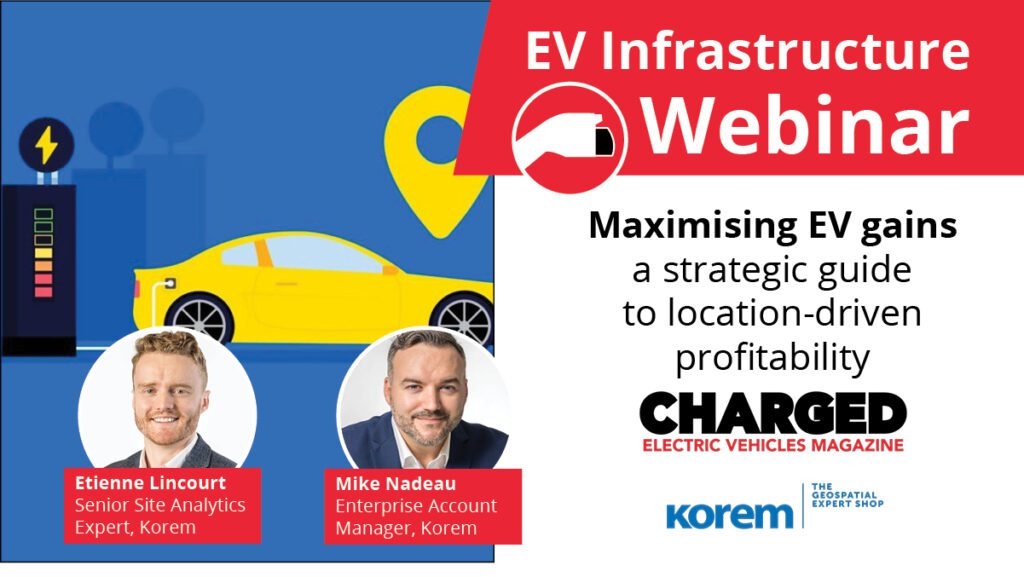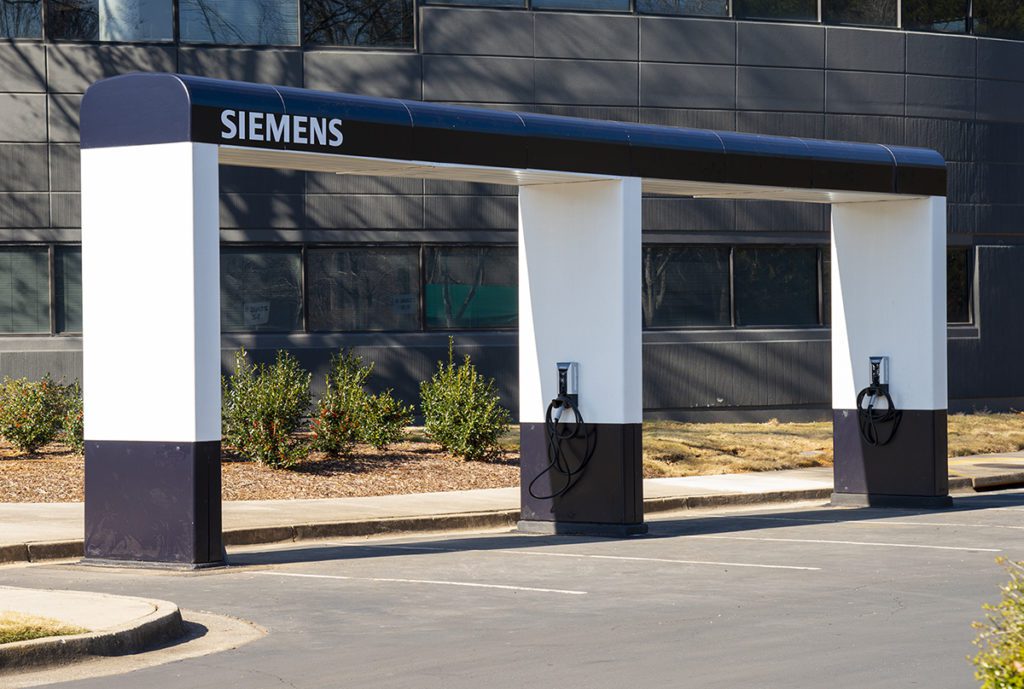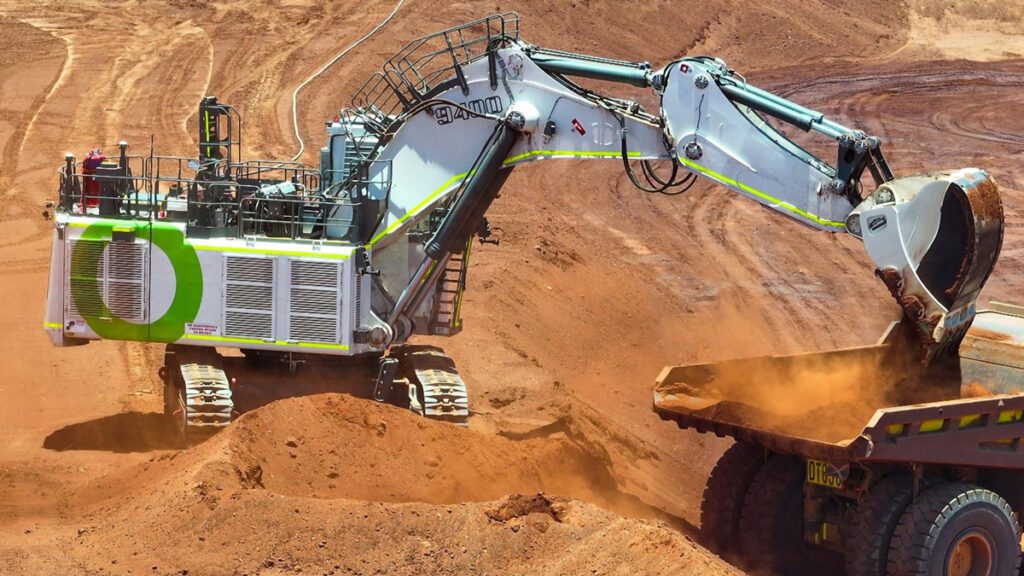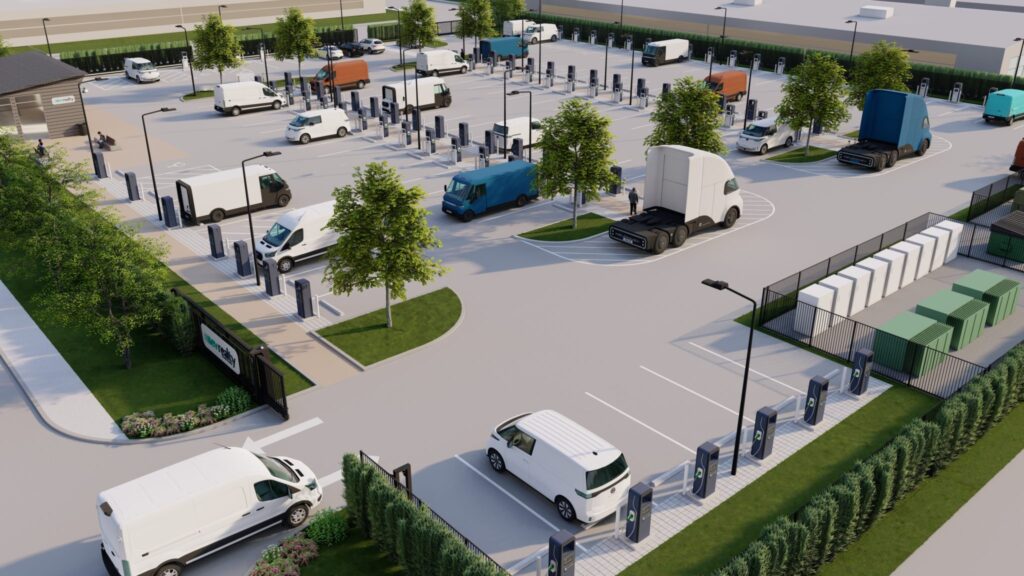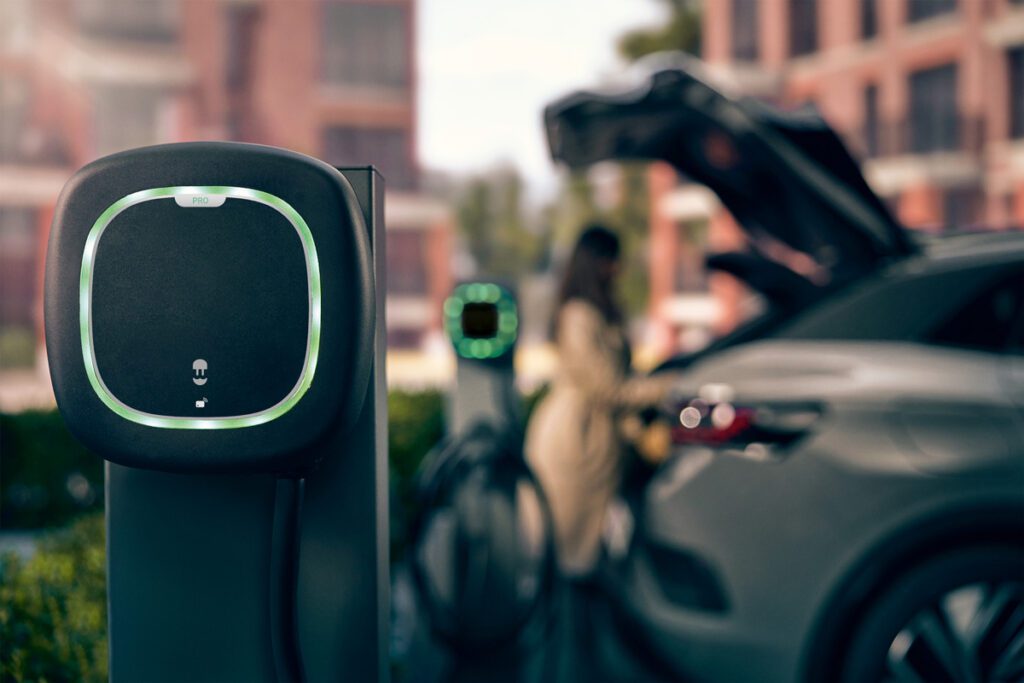Hitachi has begun a demonstration of the Japan-US Island Grid Project on Maui. This joint American/Japanese project, which will operate from December 2013 through March 2015, will demonstrate smart grid technologies that enable the efficient use of renewable energy, using EVs as an energy storage medium to respond to the rapidly changing demands in the renewable energy market.
According to the Maui Electric Company, renewable energy accounted for 21% of Maui’s energy supply in 2012, and current plans call for at least 40% of increased electrical demand throughout the state of Hawaii to be met with the use of renewable energy by 2030. The Japan-US Island Grid Project (aka the JUMPSmartMaui Project) aims to resolve issues related to the use of these new energy sources. Hitachi’s partners in the project include the Mizuho Bank, the Cyber Defense Institute, Hawaiian Electric Industries, Inc, the University of Hawaii, and the American national research laboratories.
Hitachi has established an EV Energy Control Center (EVECC) and a Distribution Management System (DMS) to control power distribution systems in the Kihei district on the south side of Maui. Working together, these systems are designed to control the balance of supply and demand for electricity. These systems also incorporate Direct Load Control (DLC) technology for the direct control of devices in users’ homes, in order to minimize the effects of fluctuations in the supply of renewable energy. The company plans to enlist 200 EV drivers and 40 user households as volunteers. Already, 20 EV charging points have been installed at five existing rapid EV charging stations, and there are plans to establish a total of 20 charging stations in the future.
On-site demonstrations will use wind power systems generating a total of 72,000 kW of power. These power systems leverage information technology to demonstrate controls for the power distribution systems and the load on the consumer side, as well as systems for controlling EV operations and charging, and mechanisms for efficiently absorbing excess electric power from renewable energy sources into EV batteries.
Source: Hitachi


